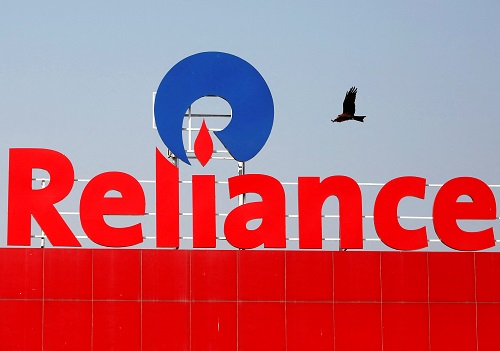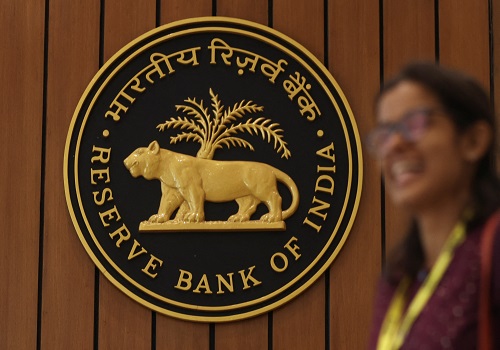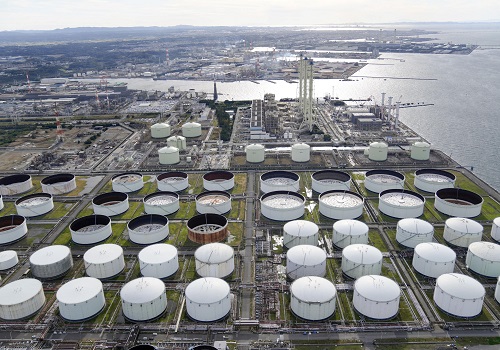Oil falls, still set for weekly gain on demand hopes

Follow us Now on Telegram ! Get daily 10 - 12 important updates on Business, Finance and Investment. Join our Telegram Channel
Oil fell on Friday as the market assessed the aftermath of interest rates hikes by central banks, but was poised for a weekly gain amid supply disruption concerns and hopes for a recovery of demand in China.
Brent crude futures were down $1.56, or 1.9%, to $79.65 per barrel at 1200 GMT. West Texas Intermediate futures slipped $1.43, or 1.9%, to $74.68.
Both benchmarks fell 2% in the previous session as the dollar strengthened and central banks in Europe raised interest rates.
"The tighter monetary policy is already having an impact on industrial activity. The prospect of further tightening following hawkish comments from policy makers weighed on sentiment," said analysts from ANZ Research in a note on Friday.
The U.S. Federal Reserve indicated it will raise interest rates further next year, even as the economy slips toward a possible recession.
On Thursday, the Bank of England and the European Central Bank raised interest rates to fight inflation.
But the oil benchmarks are on track for their biggest weekly gains since early October, with market sentiment buoyed by potential supply tightness after Canada's TC Energy Corp shut its Keystone pipeline following a leak and by the prospect of demand increasing in 2023.
The International Energy Agency projects Chinese oil demand growth recovering next year by nearly a million barrels per day (bpd) after a 2022 contraction. The agency raised its 2023 global oil demand growth estimate to 1.7 million bpd.
Analysts from J.P.Morgan Commodity Research also expect the United States to start replenishing its strategic petroleum reserves in the first quarter of 2023.
"Based on our quarterly projections, this window (for repurchase) will open in 1Q23 with initial purchase of around 60 million barrels over 1H23," they said.
But the oil market is still concerned by downside pressures, including the slow recovery of China's demand due to a swelling number of COVID infections and a supply overhang in the West of Suez market.












 320-x-100_uti_gold.jpg" alt="Advertisement">
320-x-100_uti_gold.jpg" alt="Advertisement">












